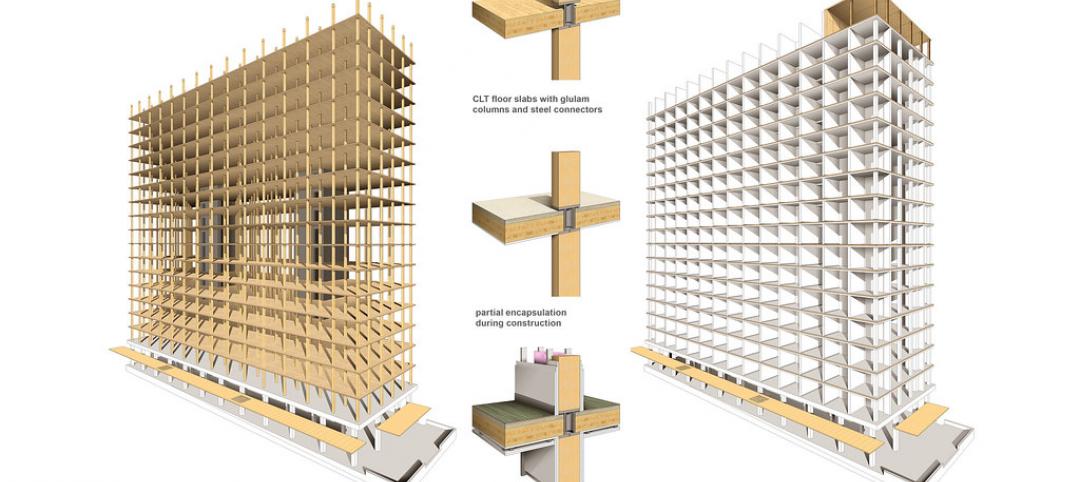A new approach to energy efficiency uses high tech tools to make many small adjustments rather than more costly tactics such as replacing big ticket items like windows and cooling equipment.
Startups including Carbon Lighthouse and Redaptive are using data collection and machine learning to make a building’s mechanical and electrical infrastructure use power more efficiently. Carbon Lighthouse has helped Tesla cut electricity use at the electric vehicle maker's headquarters by using sensors, data collection, software algorithms, and technical analysis.
Carbon Lighthouse engineers focused on two large cooling towers, two chillers, and some pumps at Tesla headquarters. They found an error in how two systems were communicating with each other.
They then figured out a way to run the three systems using less energy but producing the same amount of cooling. Commercial properties account for about one-third of U.S. power consumption, so reducing their usage—even in relatively small ways—on a large scale could significantly cut the nation’s power usage and carbon footprint.
Related Stories
Codes and Standards | Aug 29, 2019
Code-conforming wood design guide available
The guide summarizes provisions for the use of wood and wood products in the 2018 IBC.
Codes and Standards | Aug 29, 2019
LEED residential market up 19% since 2017
The U.S. Green Building Council says that the LEED residential market has grown 19% since 2017. Nearly 500,000 single family, multifamily, and affordable housing units have been certified globally.
Codes and Standards | Aug 27, 2019
Slower speed limits in urban areas offer multiple benefits
Improved safety, better adoption of electric scooters and autonomous vehicles are possible if drivers ease off the accelerator.
Codes and Standards | Aug 27, 2019
Renewables creating significant savings for commercial and public facilities
Payback ranges from five to 15 years.
Codes and Standards | Aug 27, 2019
Oregon rescinds tsunami-zone construction ban
Other states have no ban, but have strengthened building codes for tidal wave resilience.
Urban Planning | Aug 27, 2019
Pop-up parks revitalize empty lots
Pop-up parks that provide instant open areas for public use and programming can revitalize under-utilized spaces and add vibrancy to neighborhoods.
Codes and Standards | Aug 22, 2019
Texas flood prevention initiative would create nation’s most ambitious barrier system
Plan including sand dunes and mechanical barriers would cost as much as $32 billion.
Codes and Standards | Aug 22, 2019
Multimedia app identifies construction hazards
Researchers say program will reduce injuries, save lives.
Codes and Standards | Aug 22, 2019
Cities take action to keep cool as climate heats up
Initiatives include cool streets, cool roofs, and broader urban tree canopy.
Codes and Standards | Aug 22, 2019
5G expected to give a boost to construction technology
Virtual reality, Internet of Things, robotics, and drones will all benefit from enhanced data flows.

















